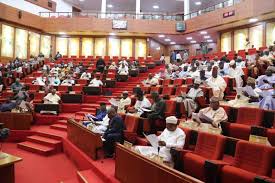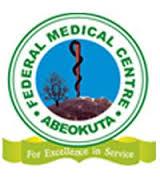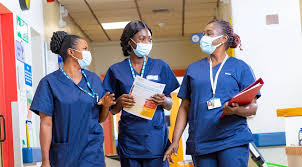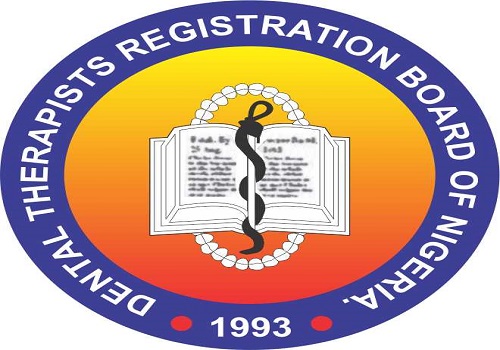Prof. Karniyus Gamaniel, Director-General of the National Institute for Pharmaceutical Research and Development (NIPRD) has said that Nigerian herbal remedies were the key to the country’s pharmaceutical future.
Gamaniel noted that many Nigerians strongly relied on traditional and alternative medicines to treat different illnesses. He said that the number of the users were more in rural areas, where access to orthodox medicines was limited. The director-general said that while not scientifically proven, many traditional remedies which had been passed through several generations of traditional healers, were not ineffective.
According to him, this is where NIPRD comes in. “NIPRD is carrying out research and development of drugs and pharmaceutical substances from locally available natural resources,” he said. Gamaniel said that the institute was looking into these treatments as a means of expanding the country’s medical knowledge.
He said that when the process began, many traditional healers were hesitant to come forward because of fear of being cheated out of their livelihoods. The director-general said that the institute had put measures in place to prevent research and remedies from being stolen. “Another important aspect of the process is the safety test,” he said.
Gamaniel said that each herbal medicine went through a process of verification and standardisation. “These traditional medicines are not produced in laboratories, as such, each batch differs in potency. “Even that potency may dwindle overtime; these are the issues we are trying to address in our work,” he said.
Gamaniel said that, with the right research, herbal remedies might be developed into tablets with a longer shelf life that would allow them to be transported further to reach more people. He said that conventional medicines which passed clinical trials abroad might not be as effective as locally-produced and tested drugs.
“More `doctors’ who sell unorthodox medicines are coming forward to work with NIPRD. “They cannot mass-produce, transport and market their goods effectively on their own,” he said. He said that while the development and commercialisation of pharmaceutical raw materials, drugs and biological products could take up to 15 years, it was a worthwhile process.
“The use of modern science and technological resources to stimulate local production of quality drugs in Nigeria is necessary. “Data on herbal drugs help to control and regulate their use, while contributing to Nigeria’s self-sufficiency in the production and control of essential drugs.”
ABUJA: Training Schedule for Basic Life Support BLS, Pediatric Advanced Life Support (PALS), Advanced Cardiovascular Life Support ACLS, First Aid, CPR, AED
PORTHARCOURT: Training Schedule for Basic Life Support BLS, Pediatric Advanced Life Support (PALS), Advanced Cardiovascular Life Support ACLS, First Aid, CPR, AED
LAGOS: Training Schedule for Basic Life Support BLS, Pediatric Advanced Life Support (PALS), Advanced Cardiovascular Life Support ACLS, First Aid, CPR, AED





